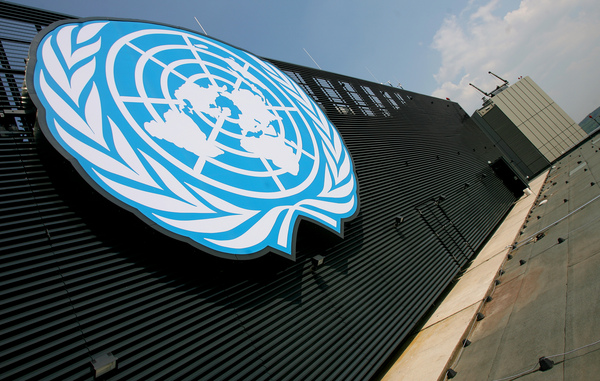Oral Intervention by Soha Abdelaty on behalf of the Cairo Institute for Human Rights Studies, 4 June 2009
Annual full day discussion on women’s human rights on “Equality before the law: concrete steps to further women’s equality”
Human Rights Council, 11th Session
Thank you, Mr. President
I have the pleasure of delivering this intervention on behalf of the Cairo Institute for Human Rights Studies and its partner organizations from the Arab region.
My name is Soha Abdelaty, and I am an Egyptian human rights defender. I come from a long tradition in my region that started over a century ago with pioneering brave women who refused to accept inferiority to men as an inevitability, and decided to struggle to repeal discriminatory laws and achieve the universal values of equality in rights and equality in dignity.
Throughout the Arab region today, women as well as men are persevering with this uphill fight for gender equality, a fight against an unholy alliance of autocratic regimes, extremist ideologies, and foreign military occupations and interventions.
Despite these serious (and often life-threatening) challenges, human and women’s rights defenders in my region are fighting back against laws that treat women as second-class citizens unworthy of equal rights and opportunities, or as minors incapable of making choices relating even to the most intimate aspects of their lives. Whether inherited from colonizers or adopted by male-dominated national parliaments, dozens of laws still have the purpose or impact of legitimizing violence against women, both inside and outside the family, or controlling their lives and bodies.
Often times, religion and cultural relativism are invoked and utilized by state and non-state actors alike to justify inequality and laws that discriminate against women. Sharia continues to be used as a political weapon in the struggle for power between regimes and conservative oppositions, where women’s rights and lives remain the battlefield of choice by both sides. We firmly believe that every state has a legal and, more importantly, a moral obligation to uphold the principles of equality and non-discrimination. These values belong to the entire human family, and are not the product or entitlement of a certain culture or a particular region.
Mr. President, women in my region continue to pay a heavy price for foreign occupations, armed conflicts and military interventions. These phenomena are intricately linked to equality before the law, since they create and sustain an environment of militarization and radicalization that pushes women’s struggle for equality deep down the list of priorities, or portrays women’s rights as an instrument of foreign domination.
In conclusion, we call on the Human Rights Council to ensure that all states take immediate steps to end discrimination against women and repeal laws that violate women’s right to equality. We specifically call on states to reaffirm their commitment to the Convention on the Elimination of Discrimination against Women, withdraw all reservations to the Convention, especially those that go against the object and purpose of the Convention, and ratify its Optional Protocol to ensure access to justice for victims of gender inequality.
I thank you, Mr. President.
Share this Post

